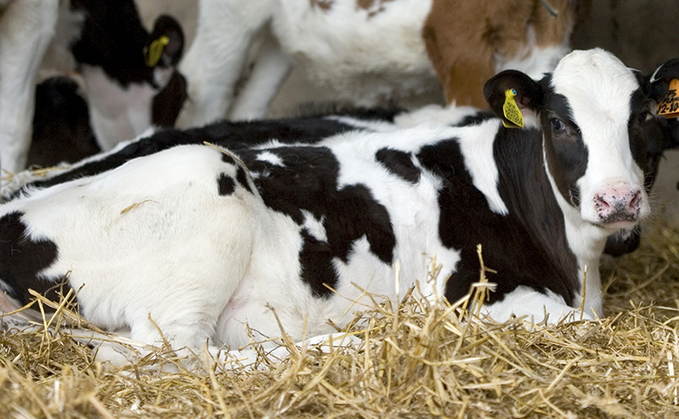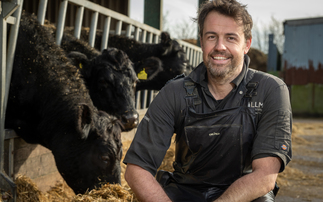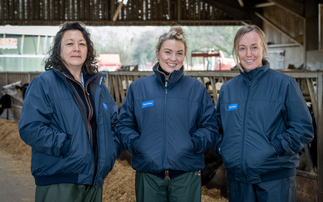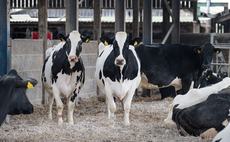
Trace minerals are integral to immune function, whether that be enabling an effective response to natural disease challenges or to vaccination. Deficiencies in trace minerals can limit the immune system's ability to respond to vaccination.
Stressors, such as vaccination itself or transport and, for calves, weaning, can exacerbate imbalances, which can also lead to a reduced response.
A 2012 study demonstrated how vaccination altered the trace mineral status of beef steers when 14 days after vaccination they experienced decreased serum trace mineral concentrations.
Even when trace mineral status is adequate, mounting an immune response to a vaccine can deplete stores.
Therefore, when farmers are investing in vaccination programmes to protect their cattle from disease, it makes sound economic sense to ensure those animals are not deficient in the trace minerals they need to maximise the response.
Trace mineral supplementation has been identified as having a positive effect on immune function, with several studies highlighting the benefits of strategic injectable trace mineral supplementation in conjunction with vaccination.
The findings of one such study in 2014² showed that injectable trace minerals may be beneficial to humoral immune response in cattle.
For farmers considering using an injectable, Multimin™ contains zinc, copper, manganese and selenium and is designed to correct clinical or subclinical deficiencies of these four trace minerals, deficiencies which can arise during critical phases of the production life cycle.
It provides a fast, effective and reliable way to boost essential trace minerals ahead of times of high demand, such as breeding and calving.
Multimin™ acts rapidly, reaching peak levels in the blood after only eight to 10 hours and the liver after 24 hours. As Multimin™ is a prescription-only medicine, it is recommended farmers talk to their vet about how and when to introduce it.
��
























